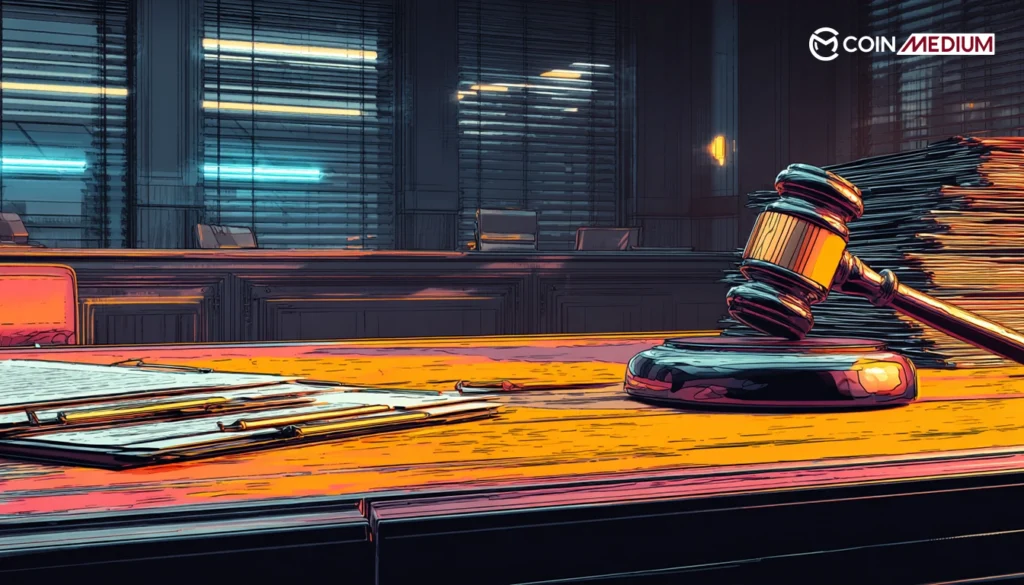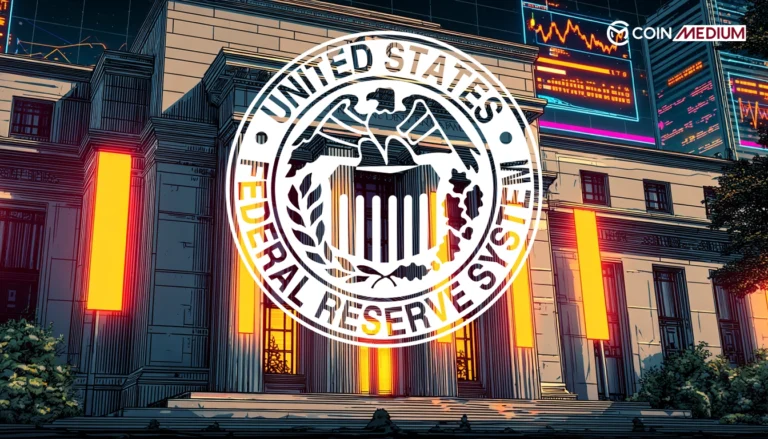Huynh Tran Quang Duy, also known as Duy Huynh, the founder of the failed crypto lending platform MyConstant, has agreed to pay more than $10.5 million to settle charges brought by the U.S. Securities and Exchange Commission (SEC). The SEC accused him of misusing investor funds to purchase TerraUSD, the now-defunct stablecoin.
Instead, the SEC said Huynh spent $11.9 million of investor money to purchase TerraUSD (UST), a stablecoin tied to the Terra blockchain that crashed in mid-2022, wiping out billions in market value.
The platform has been under regulatory scrutiny since late 2022, when California’s financial regulator accused it of breaking state securities laws and ordered it to shut down.
What was the accusation against MyConstant?
The SEC alleged that Huynh tried to “falsely assure investors of the safety of their funds” by sending misleading emails with summaries of fake loans MyConstant had supposedly issued, in an effort to encourage reinvestment.
MyConstant shut down in mid-November 2022, blaming its closure on the wave of crypto company failures that year. Since then, it has returned $1.8 million to investors and placed all remaining assets into a creditor trust.
At the time of the alleged misconduct, the Terra blockchain was offering up to 20% annual returns on its stablecoin UST through the Anchor Protocol. While the SEC didn’t specify how Huynh used his TerraUSD holdings, the platform’s high-yield promises were widely known. Terra ultimately collapsed after a downturn in the crypto market triggered a mass exit from its ecosystem.
MyConstant Promised High Returns Backed by Crypto
According to the SEC, Huynh, who holds both Vietnamese and U.S. citizenship, has agreed to pay more than $8.3 million in disgorgement and $1.5 million in prejudgment interest to repay MyConstant customers. He will also pay a civil penalty of $750,000 within 14 days. However, he neither admitted nor denied the SEC’s allegations.
The agency stated that MyConstant launched in 2018, promoting returns of 6% to 10% by pooling investor funds and lending them out, all supposedly backed by cryptocurrency. The platform marketed these investments as “low risk.” Between September 2020 and November 2022, it raised over $20 million from more than 4,000 investors, according to the SEC.
TerraUSD was linked to the blockchain’s native token, Terra (LUNA), through an algorithm designed to maintain its $1 value. However, when LUNA’s price dropped sharply, the stablecoin lost its peg, triggering a “death spiral” that led to the collapse of both tokens. Terra co-founder Do Kwon is currently awaiting trial in the U.S. on multiple fraud charges related to the project.






